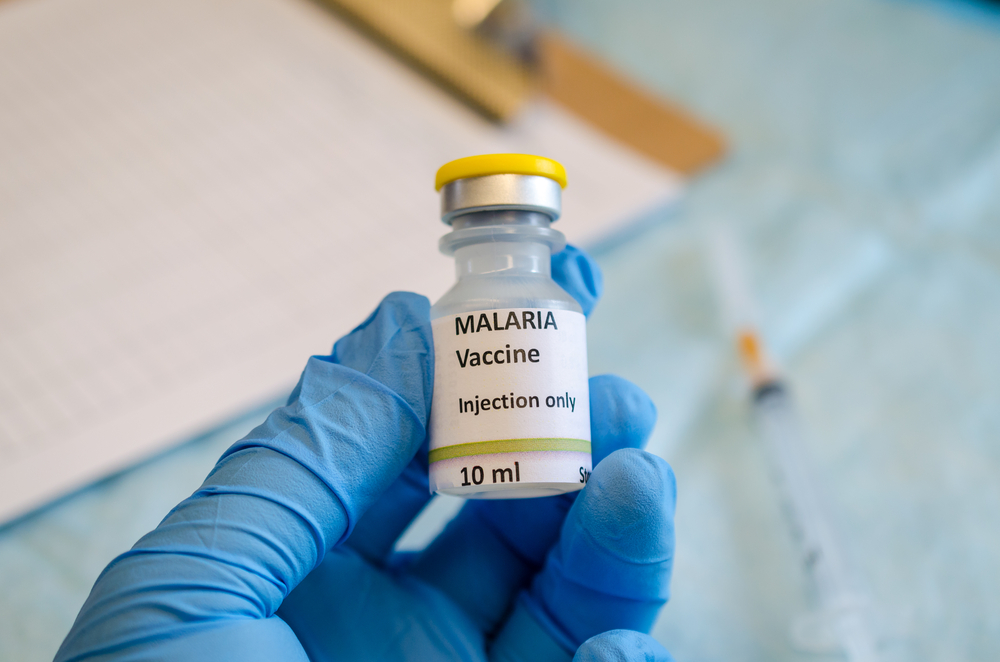
Imperial College London researchers have determined that the use of a pair of experimental anti-malarial vaccines may reduce the number of malaria infections.
Details of the probe in eLife outlined the testing of two types of vaccines in mice: those preventing mosquitoes from transferring the parasites, called transmission-blocking vaccines (TBVs), and those that prevent the parasite from infecting the liver, termed pre-erythrocytic vaccines (PEVs).
Authors said experimental vaccines, which independently achieve 48 percent and 68 percent reductions in malaria cases, can reach a 91 percent reduction when combined.
Researchers also learned combining any of the two types of vaccines improved efficacy of the mixture more than might be expected from the single efficacy of each vaccine separately.
The research was funded by the PATH Malaria Vaccine Initiative and the Medical Research Council (MRC), including researchers at Imperial’s MRC Centre for Outbreak Analysis and Modelling.
“While these findings are in the preliminary stages, they’re valuable as they shed light on optimising strategies for preventing malaria,” Dr. Morven Roberts, MRC’s program manager for parasites and neglected tropical diseases, said. “Learning that combining vaccines can dramatically boost efficacy in mice provides another potential tactic for controlling this disease. This is timely research as global health officials work towards WHO targets to eliminate malaria by 2030.”
Officials said the next step would be to study how combined vaccines could work in more complex situations.




